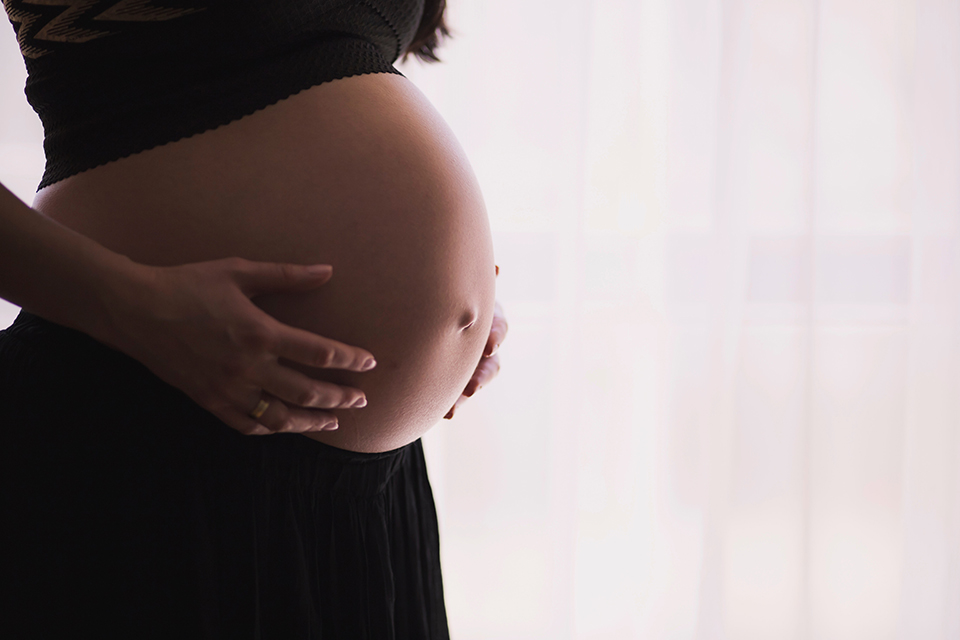What To Eat When Trying To Conceive

If you are interested in conceiving, it’s a good idea to eat as healthy a diet as possible. The right foods can prepare your body for pregnancy and give an embryo the essential nutrients it needs during the crucial first days of pregnancy.
Proper nutrition can also help to address some of the health issues that may be impacting your fertility. Here are some key eating habits to follow when you are trying to get pregnant.
Load Up Your Plate With Fruits and Veggies
When you are trying to get pregnant, the importance of fresh fruits and vegetables cannot be overstated. These important food groups are loaded with antioxidants, vitamins, minerals and micronutrients that your body needs to function properly. Try to mix up the types of fruits and vegetables you eat, so you can get a varied diet with a balanced blend of various nutrients.
A good rule of thumb is to fill at least half your plate with vegetables and fruits for each meal. There are a few that are particularly helpful when trying to get pregnant. Kale helps to metabolize estrogen, watermelon is a source of compounds used to for better egg quality and pineapple has enzymes that can help stimulate implantation.
Rethink Dairy
The majority of dairy products contain a lot of excessive fertility hormones and antibiotics that can cause some problems when your body is trying to properly regulate your ovulation cycle. Because of these concerns, some women avoid dairy altogether when trying to get pregnant.
If you do plan on continuing to eat dairy, it is best to switch to organic products and limit your intake to one or two servings per day. Keep in mind that full fat dairy is actually better for prospective mothers than low fat dairy because reduced fat milk has been linked to ovulatory infertility issues.
Pick Foods Rich in Folic Acid and Iron
These two nutrients are key for women who are trying to get pregnant. Folic acid deficiencies are linked to higher risk of ovulatory infertility while iron deficiencies cause all sorts of ovulation and menstruation irregularities. You can get folic acid from leafy green vegetables and citrus fruits, and many whole grains are fortified with it. Leafy greens are also a great source of iron, and you can also get this mineral from shellfish, liver, eggs, tofu, red meat and beans.
Cut Back on Sugar
The modern diet is loaded with heightened amounts of sugar that our ancestors never had access too, so the body is easily unbalanced by eating the typical amount of sugar. As much as possible, try to avoid sugary desserts, sodas, and candies.
Keep in mind that sugar can hide in fruit juice, bread, tea, and many other processed substances that you would not consider to be excessively sugar. Anyone trying to get pregnant can improve their health by cutting back on sugar, but it is particularly important if you have diabetes or PCOS. Women with these health issues often need to cut out sugar altogether if they wish to get pregnant.
Switch to Plant Based Fats
Trans fats and saturated fats are linked to fertility issues, but this does not mean that all fats are bad. Certain vitamins needed for conception are only fat soluble, and fats also help to build certain types of healthy cells.
To get the right types of fat, look for plant based items instead of animal based options. Avocados are a great option since past research has found that eating avocados during an IVF cycle boosts your success rate by three and a half times. Other options include olive oil, nuts, sesame seeds and grapeseed oil.
Pick Complex Carbs
Your body uses carbohydrates for energy, so going excessively low carb is probably not wise. The main issue with carbs is that simple carbs like white rice or a slice of cake are digested rapidly and contain high amounts of sugar.
If you want to get carbs without causing the spikes in your blood sugar that may inhibit ovulation, stick with complex carbs. These are carbohydrates that have high amounts of fiber, so they digest more slowly. You can find complex carbohydrates in beans, whole grains and vegetables.
Reduce Alcohol and Caffeine Intake
These two mind altering substances might be a typical way to get a boost of energy or relax at the end of a tough day, but they can cause issues when trying to conceive. Alcohol consumption affects estrogen levels greatly, so a night of heavy drinking can be enough to delay your period. Another major issue with both alcohol and caffeine is that they are diuretics. They cause the body to flush out water right when it needs to hold onto liquids to build healthy mucus membranes and cervical fluid.






